Can the UK expect a V-shape recovery? The Bank of England has this morning published data revealing very deep V, suggesting a complete economic recovery in a matter of months: a 25 per cent plunge in growth in Q2, followed by a 14 per cent and 11 per cent boom in Q3 and Q4. That would be the sharpest collapse in 200 years followed by the sharpest recovery in 300 years: more of a bungee jump than a V. That’s the good news. The bad news is that it’s an ‘illustrative scenario’ rather than a forecast.
 Source: Bank of England Monetary Policy Report May 2020
Source: Bank of England Monetary Policy Report May 2020
The Bank’s decision to hold interest rates at (an ultra-historic low) 0.1 per cent, rather than add to its (£200 billion) programme of bond purchasing, reflects its belief that the recovery will be quick, that economic pain will be severe, but mostly fleeting. It assumes banks will easily stomach £80 billion of losses and will be able to keep lending (banks lent a staggering £55 billion in March, more than the previous seven months combined). Their scenario compliments the Office for Budget Responsibility’s report published several weeks back, whose scenario of a three-month lockdown also saw a V-shaped recovery. But it’s hard to find MPs who share this optimism. Instead, there is frustration and foreboding among Tories. The Bank assumes things will return to normal. In fact, ‘normal’ may be far out of reach – if it can be returned to us at all.
The PM has just warned the cabinet not to expect too much easing up on restrictions. Leaked strategy documents for getting businesses reopened consider staggering employee work schedules, minimising the number of people allowed in office spaces and limiting the use of shared facilities. Crucially many non-essential stops – and certainly pubs, restaurants, gyms, hotels, and other businesses involved in leisure, hospitality and retail – are expected to remain locked down for the foreseeable future. Few offices will be able to work at full capacity without major changes (and investments) in layout. A great many restaurateurs, facing the prospect of halving the number of covers, might need to file for liquidation right away.
The ‘shielding’ of the elderly and vulnerable will be a problem given that the ‘silver pound’ is going to play a vital role in kick-starting the economy, as it was retiree spending that was on the rise before the Covid-19 lockdown, while the younger generation’s spending took a tumble. And even for those who are encouraged to pick up the economic pace, we’re likely to find a stark contrast between what people are told they can do, and what they feel safe to do. Part of this divide will be explained by fear of the virus itself. But it will also be explained by a cautious approach to what comes next. We can expect talk to turn to a second wave – even the Chief Medical Officer has taken to quoting the Game of Thrones slogan ‘winter is coming’. We cannot expect any spending bounce back if we’re preparing for a second economic winter.
Even South Korea, seen to have handled the virus better than almost anyone, has taken a serious economic hit from Covid-19, with its economy shrinking faster than any time since the crash. While their track-and-trace programme prevented a hard lockdown like the ones seen in Europe and the US, behaviour changed and consumption dropped dramatically.
This hit suggests that even the most optimistic assumptions about the UK’s ability to adopt the South Korean approach – which would require the generous belief that Britain’s outlier trace-and-trace app will be not only up and running but work as seamlessly as other models – cannot guarantee a return to normal economic activity. Sweden hasn’t formally locked down and EU figures say its economy is still down 6 per cent this year versus 7 per cent for the eurozone. Regardless of official government policy, people’s reaction to Covid has created a more cautious society. It’s not just lockdown: living with the virus takes a big economic toll. And one that might not fit any letter of the alphabet.
Got something to add? Join the discussion and comment below.
Get 10 issues for just $10
Subscribe to The Spectator Australia today for the next 10 magazine issues, plus full online access, for just $10.


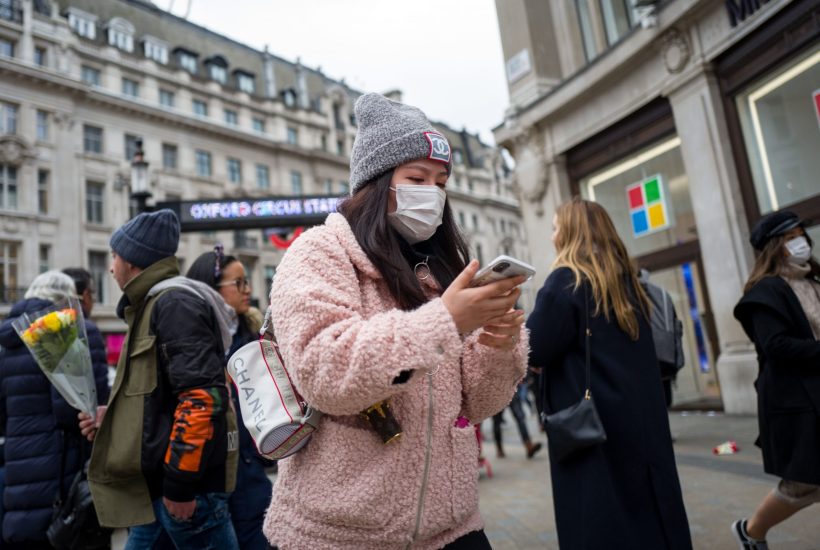

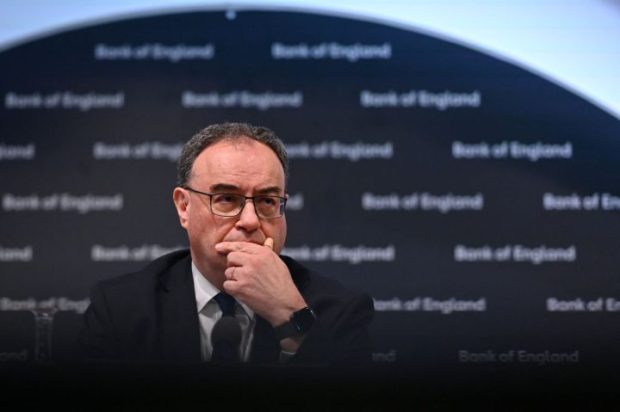
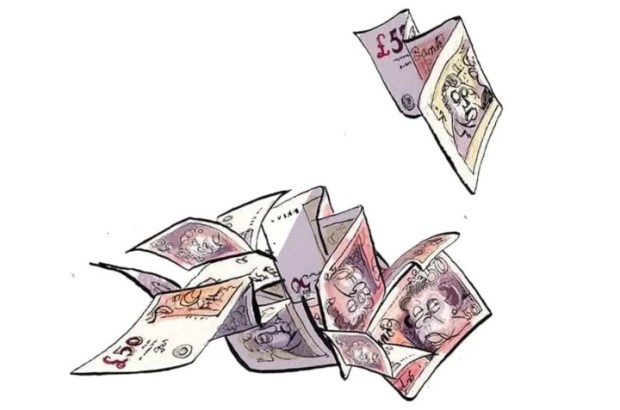
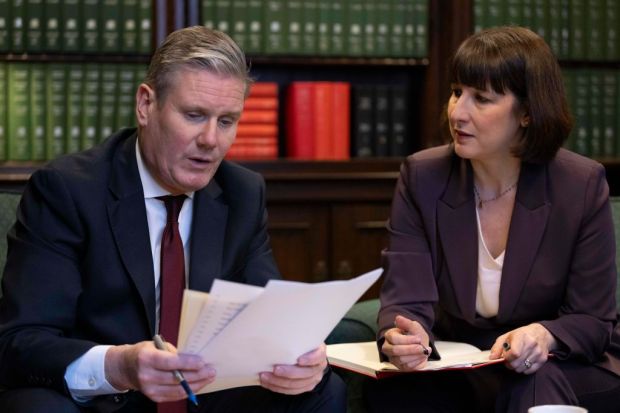
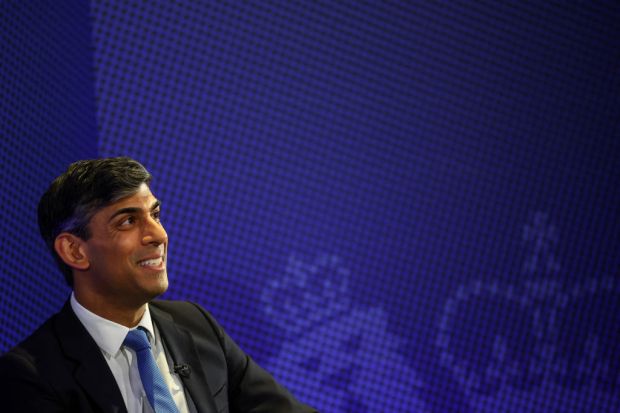












Comments
Don't miss out
Join the conversation with other Spectator Australia readers. Subscribe to leave a comment.
SUBSCRIBEAlready a subscriber? Log in